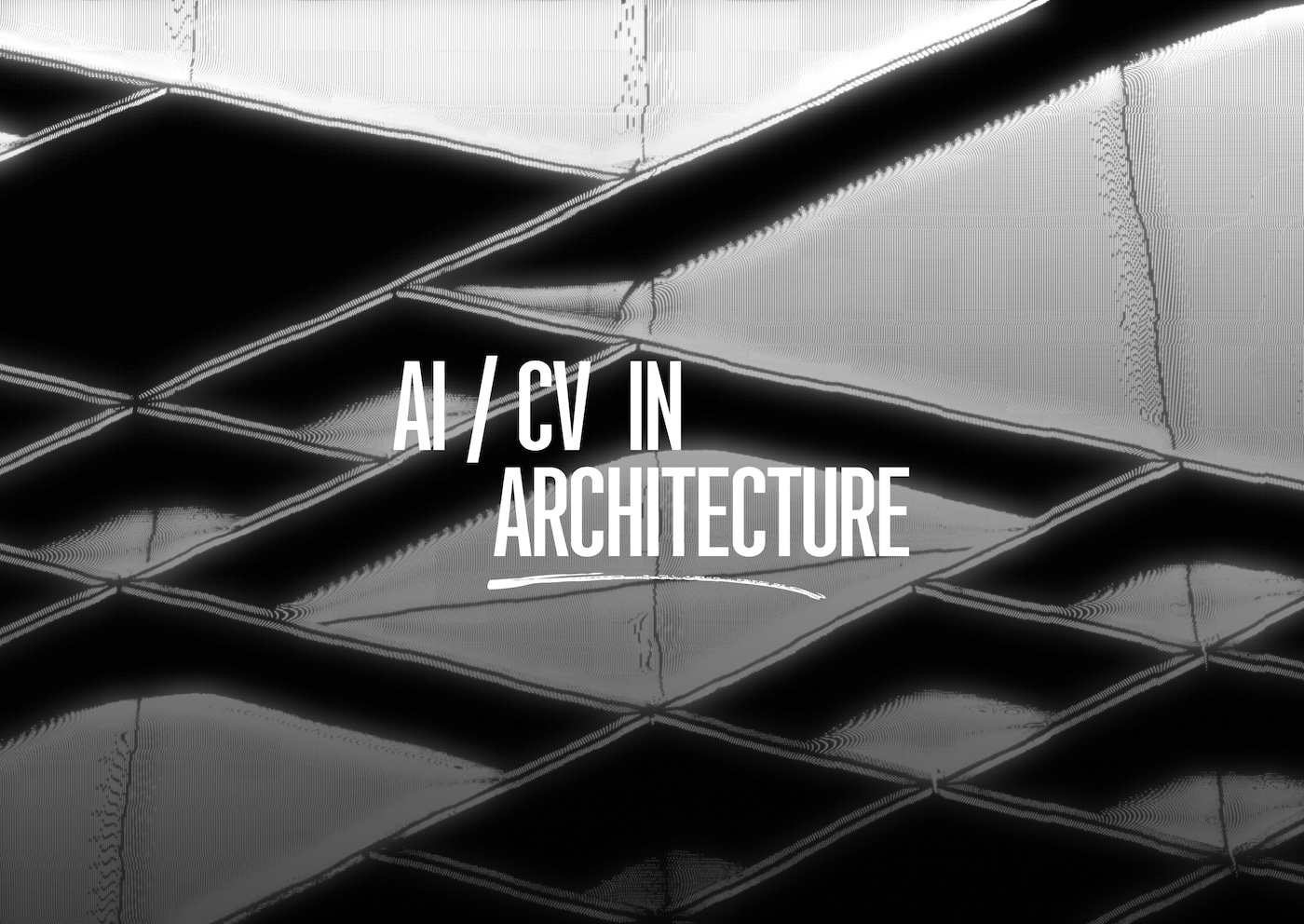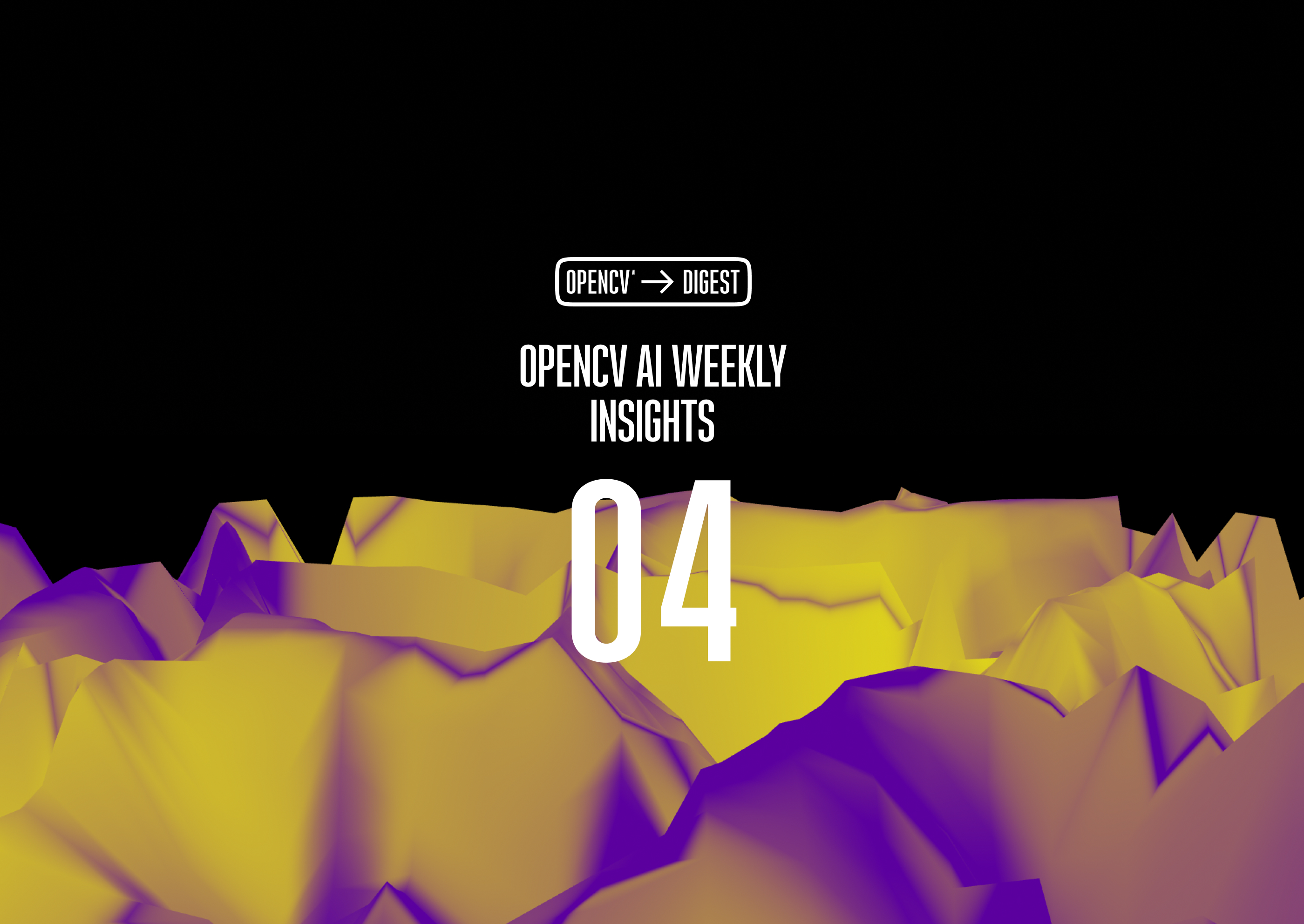

Our aim is to keep you up to date with the latest news and developments in the world of Artificial Intelligence. Whether you're an experienced AI enthusiast or just starting to explore the world of AI — our digest is designed to keep you informed and inspired 🔥
Are you prepared to embark on this week's journey through the AI landscape? Let's delve into the groundbreaking advancements that are revolutionizing the realm of AI!

Researchers from ByteDance introduced MVDream (Multi-view Diffusion for 3D Generation), a diffusion model that generates high-quality 3D renderings from text prompts. While similar models already exist, MVDream achieves remarkably high quality and overcomes two core issues of alternative methods.
To train the diffusion model, ByteDance uses Stable Diffusion, with not only the usual prompt-image pairs but also multiple views of 3D objects. To do this, the researchers render a large dataset of 3D models from various perspectives and camera angles.
The model learns to create coherent 3D shapes by considering multiple perspectives of an object, rather than just 2D images. The model generates these images from a text prompt, which is then used to train a NeRF as a 3D representation of the object.
Compared to other approaches, MVDream shows a significant improvement in quality and avoids common artifacts, such as the Janus problem or content drift. The team recognizes the limitations of 256 x 256 pixels resolution and limited generalizability. However, ByteDance believes that using larger diffusion models like SDXL can solve these issues in the future.
Read More: Github Repository

Tesla is launching its long-awaited supercomputer, which will be used for various artificial intelligence (AI) applications. The cluster is so powerful that it could also be used for demanding high-performance computing (HPC) workloads. In fact, the Nvidia H100-based supercomputer will be one of the most powerful machines in the world.
Tesla's new cluster will use 10,000 Nvidia H100 compute GPUs. The cluster will deliver a peak performance of 340 FP64 PFLOPS for technical computing and 39.58 INT8 ExaFLOPS for AI.
Tesla's new supercomputer will enhance its computing capabilities to train its full self-driving technology much faster, making the company more competitive and giving it one of the world's fastest supercomputers. Tesla plans to spend $4 billion on AI training and computing for FSD training in 2023 and 2024.
Read More: Tom's Hardware Article

A growing share of Americans express concern about the role artificial intelligence (AI) is playing in daily life, according to a new Pew Research Center survey.
52% of Americans are more concerned than excited about the increasing use of artificial intelligence. Only 10% feel more excited than concerned, while 36% feel both emotions equally. Concern about AI is similar across all major demographic groups, but there are some differences by age. For example, 61% of adults aged 65 and older are mostly concerned about AI, while only 4% are mostly excited. Among those aged 18 to 29, 42% are more concerned and 17% more excited.
Public awareness of AI is also increasing. Nine out of ten adults have heard either a lot or a little about artificial intelligence, with the share of those who have heard a lot about AI. Concerns about AI include a desire to maintain human control, doubts that AI will improve things, and caution over the pace of AI adoption in fields like health and medicine.
Read More: Pew Research Article

Radiance Field (3D Gaussian Splatting) is a novel technique for generating different perspectives of environments using multiple photos or videos. It enhances previous methods such as NeRF (Neural Radiance Fields) by tackling issues related to speed, quality, and real-time performance.
Using the Structure from Motion (COLMAP) video, a point cloud is extracted, and then a set of small semi-transparent Gaussians are initialized over the cloud. These Gaussians are then optimized to restore the original frames as accurately as possible after rendering.
Radiance Field builds on the concepts of NeRF, but its goal is to balance high visual quality, training efficiency, and real-time rendering capabilities. The aim is to achieve this balance, especially for more complex scenes and higher resolutions.
Read More: Project Website
So, buckle up and get ready to dive into the AI universe. Stay tuned for more! Your weekly dose of AI knowledge is just a scroll away.
See you in the next edition!
